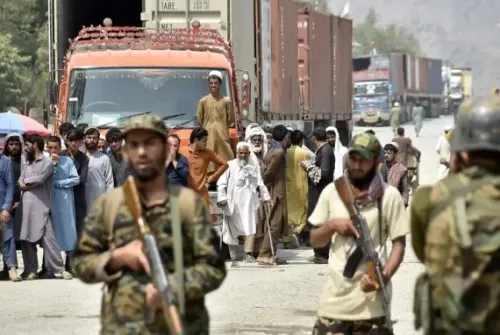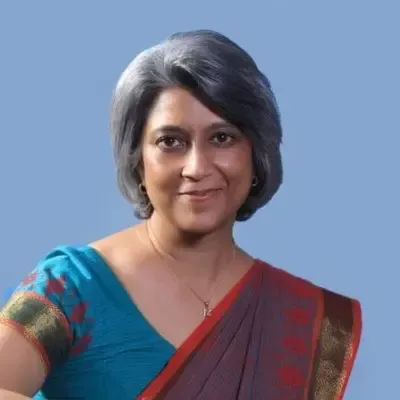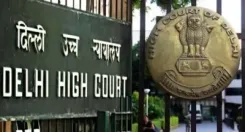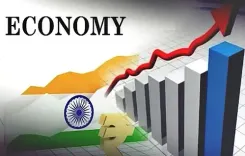How is India Engaging with the World on Its Own Terms?

Synopsis
Key Takeaways
- India's strategic autonomy is being asserted on the global stage.
- Engagement in international trade is being recalibrated to prioritize national interests.
- India is influencing global governance norms, especially in artificial intelligence.
- Diplomatic approaches are characterized by calibration over confrontation.
- India is actively participating in WTO reform discussions.
Washington/New Delhi, July 28 (NationPress) By successfully maintaining its diplomatic credibility while safeguarding its national interests, India is now engaging on a global stage according to its own principles and is no longer merely perceived as an emerging market or a passive player in multilateral dialogues, as highlighted in a report published on Monday.
In a time of escalating geopolitical competition, few countries are maneuvering through the international landscape with the same strategic finesse as India. From navigating sanctions to enacting trade reforms, from delicate negotiations with China to influencing global standards on artificial intelligence, New Delhi is no longer just a reactive force—it is actively shaping global dynamics,” cited the report titled 'One World Outlook'.
The report emphasized India’s swift and resolute reaction to NATO Secretary-General Mark Rutte's recent sanctions warning, in which India pointed out the “double standards” involved and reaffirmed its sovereign right to engage in trade based on its own terms.
This was not just a token show of defiance; it represented a profound assertion of strategic autonomy—India is determined not to be pulled into Western security frameworks that jeopardize its own energy and economic security.
However, this does not equate to isolationism. India continues to pursue backchannel diplomacy, focusing on a calibrated approach rather than confrontational tactics—“friendship without illusion, cooperation without compulsion,” as articulated by a senior official, the report noted.
Furthermore, India is actively influencing reform discussions at the World Trade Organization (WTO) ahead of the upcoming 14th WTO Ministerial Conference in Cameroon.
Reinforcing India's leadership role within the Global South, its negotiators are working diligently to ensure that reforms do not compromise the growth of developing nations.
Simultaneously, India is striving to finalize a significant trade agreement with the United States prior to August 1, covering areas such as high-tech industries, supply chain security, and intellectual property rights. Nevertheless, India's negotiating power is somewhat constrained by sensitive domestic considerations, including food sovereignty and industrial policy.
This dual narrative—resisting pressure at the WTO while seeking bilateral agreements—illustrates India’s evolving trade identity: pragmatic, collaborative, yet firmly grounded in its national interests, the report asserted.
It outlined the challenges of balancing Western sanctions pressure with energy security, pursuing trade reforms without compromising domestic priorities, and upholding diplomatic credibility while defending national interests, necessitating a level of internal policy coordination that will be tested in the coming months.
Recent weeks indicate that India is prepared for this challenge. Its actions reflect a nation redrawing its role on the global stage—not simply as a swing state caught between superpowers, but as an autonomous player shaping trade regulations, technological ethics, and diplomatic standards for a new era.
Additionally, India is progressively positioning itself as a leader in formulating norms for global artificial intelligence governance. Earlier this year, at the UNESCO-led 2025 AI Action Summit in Paris, New Delhi advocated for inclusive and transparent AI governance, establishing itself as a prominent voice for the Global South.










